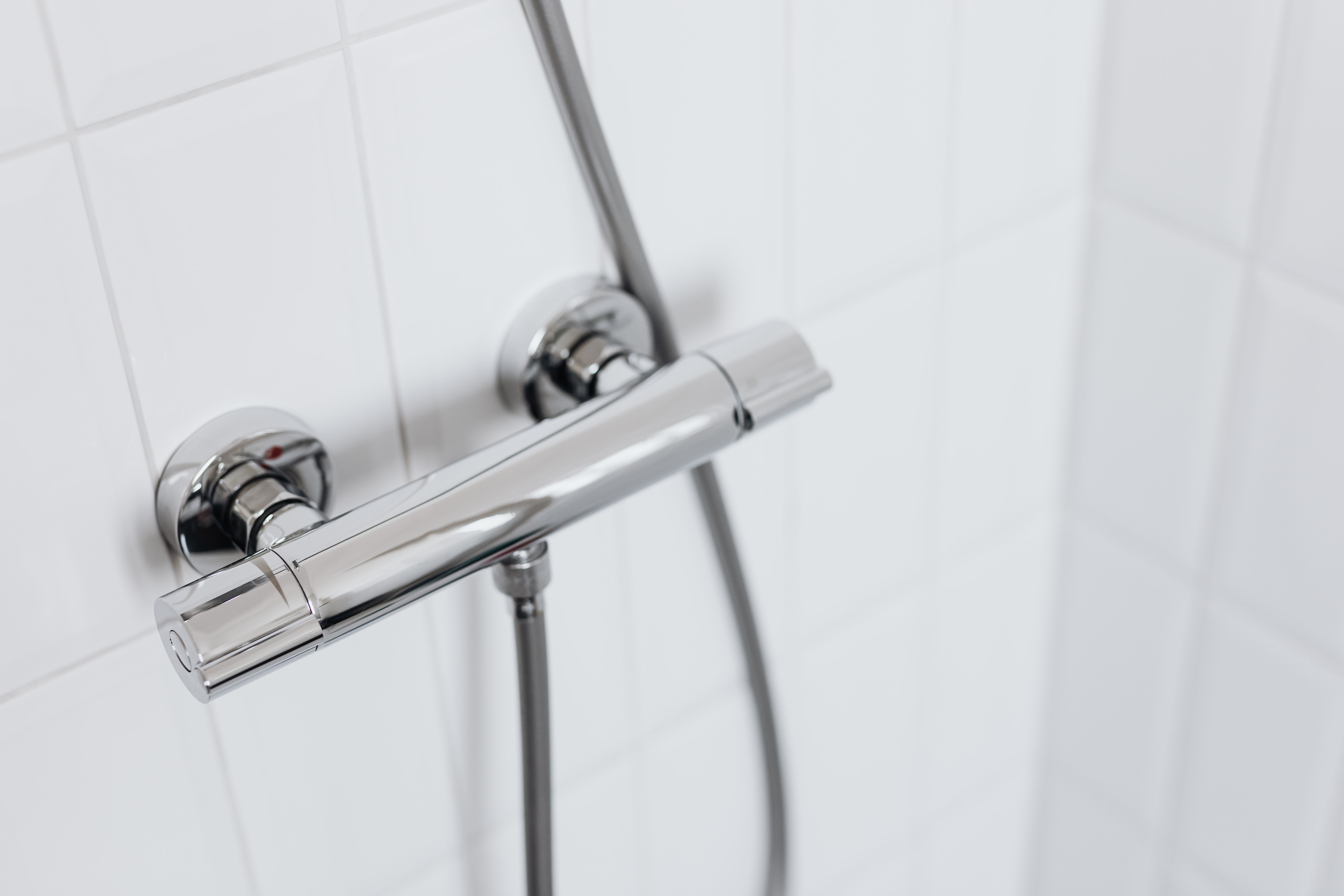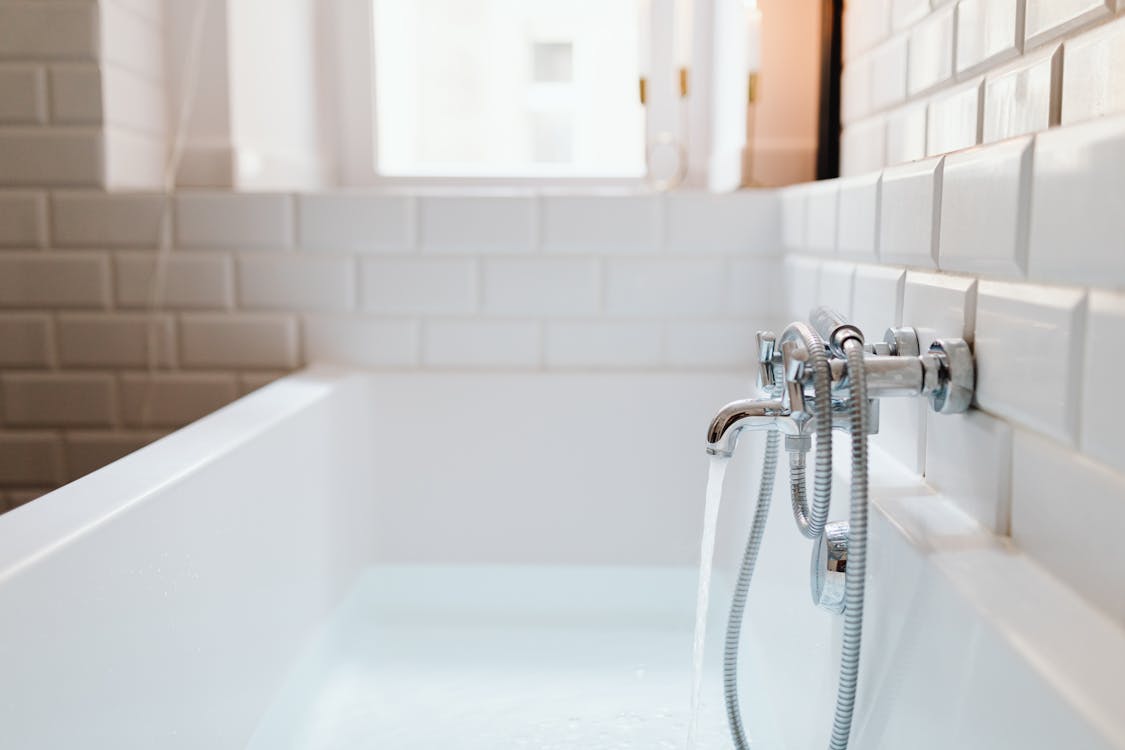
If you’re a beginner in plumbing, there are some basic things you should know to ensure that your home’s plumbing system is well-maintained. By keeping these eight things in mind, you’ll be able to keep your plumbing running smoothly and avoid any costly repairs down the line. It’s essential to always keep an eye on the following:
1. Hire a professional plumber for any complex jobs
By hiring a professional plumber for any complex jobs, you can be sure that the job is done the first time correctly. This will save you both time and money in the long run. There is a range of plumbing and heating services that only a professional can provide. These services can be very expensive, so unless it is an emergency, hire a professional to do the job right the first time. Additionally, a professional will know how to properly fix any plumbing or heating problems you may have, rather than just making a temporary fix that could cost you more money in the long run.
2. Learn how to shut off your water main
In the event of a plumbing emergency, it’s essential to know how to shut off your water main. This will prevent any further damage from occurring and will allow you to make any necessary repairs. To shut off your water main, locate the valve controlling the water flow into your home and turn it to the “off” position. Additionally, it’s a good idea to keep a wrench near your water main so that you can quickly shut it off in the event of an emergency. This is especially important if you live in an area that is prone to flooding.
3. Know where your home’s clean-out plug is located
Each home has a clean-out plug, which is typically located in the basement or crawl space. This plug provides access to your home’s sewer line so that you can clear any blockages that may occur. It’s important to know where your clean-out plug is located so that you can quickly and easily access it in the event of a plumbing emergency. Additionally, it’s a good idea to keep a plunger near your clean-out plug so that you can quickly unclog any drains that may become blocked.
4. Inspect your home’s plumbing fixtures and pipes regularly
To prevent any major plumbing problems, regularly inspect your home’s plumbing fixtures and pipes. This will allow you to quickly identify any leaks or other problems so that you can make the necessary repairs. Additionally, having your home’s plumbing system professionally inspected at least once a year is a good idea. This will ensure that any minor problems are quickly identified and repaired before they have a chance to become larger and more expensive to fix.
5. Use strainers in your sinks and bathtubs
Hair, soap scum, and other debris can easily clog your drains and cause major plumbing problems. To prevent this from happening, using strainers in your sinks and bathtubs is essential. These devices will catch anything that could potentially clog your drains and save you a lot of time and money in the long run. Additionally, avoiding grease or oil down your drains is a good idea as these substances can also cause clogs. This is one of the most common mistakes that homeowners make when it comes to their plumbing.
6. Don’t flush anything other than toilet paper down your toilet
Your toilet is not a garbage can. Flushing anything other than human waste and toilet paper down your toilet can cause significant clogs and expensive repairs. It’s important to only flush human waste and toilet paper down your toilet to prevent any problems. This is one of the most common mistakes that homeowners make when it comes to their plumbing. Additionally, it’s a good idea to avoid using your toilet as a trash can. Also, never flush medications down the toilet as these can contaminate your home’s water supply.
7. Install low-flow showerheads and toilets
Low-flow showerheads and toilets can save you a lot of money on your monthly water bill. Additionally, these devices can help to conserve water, which is good for the environment. Low-flow showerheads typically use less than 2 gallons of water per minute, which is significantly less than traditional showerheads. Toilets that are designed to be low-flow use approximately 1.6 gallons of water per flush, which is also significantly less than older models. If you’re looking to save money and conserve water, installing low-flow showerheads and toilets in your home is a good idea. This is important for two reasons. First, it can help to save you money on your monthly water bill. Second, it can help to conserve water, which is good for the environment.
8. Use a plunger or a plumber’s snake to clear clogged drains
If your drain becomes clogged, it’s essential to act quickly to prevent any further damage from occurring. The first step is to try using a plunger to see if you can clear the clog on your own. If this doesn’t work, then you may need to use a plumber’s snake to remove the clog. It’s essential to never use chemical drain cleaners as these can damage your pipes and make the problem worse. Additionally, it’s a good idea to avoid using your toilet as a garbage can. This is one of the most common mistakes that homeowners make when it comes to their plumbing. Also, be sure to never pour grease down your drains, as this can also cause clogs.

These are just a few of the many things that every homeowner should know about plumbing. By following these tips, you can save yourself a lot of time and money in the long run. You can also help prevent major plumbing problems from occurring in your home. If you have any further questions, be sure to consult with a professional plumber. They will be able to help you with any other questions that you may have.




 POSTED BY
POSTED BY 

